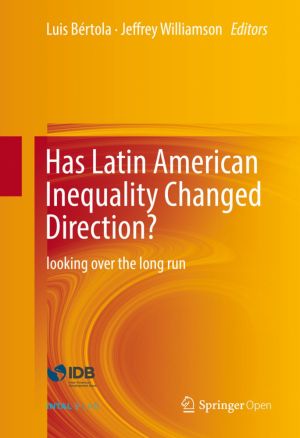
This book brings together a range of ideas and theories to arrive at a deeper understanding of inequality in Latin America and its complex realities. To so, it addresses questions such as: What are the origins of inequality in Latin America? How can we create societies that are more equal in terms of income distribution, gender equality and opportu...
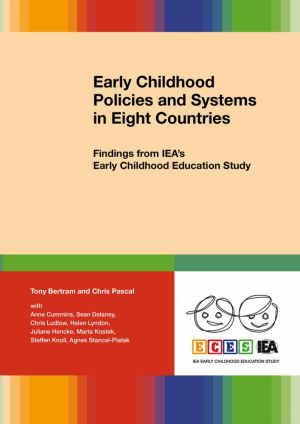
This report provides an overview of policy strategies on early childhood education settings (from birth to primary schooling) in eight countries. Data were collected using a policy questionnaire addressed to and completed by the National Research Coordinator(s) (NRC) of Chile, the Czech Republic, Denmark, Estonia, Italy, Poland, the Russian Federat...

Until recently, most grape-based wine was consumed close to where it was produced, and mostly that was in Europe. Despite the huge growth in inter-continental trade, investment and migration during the first globalization wave that came to a halt with World War I, it was not until the 1990s that the export share of global wine production rose above...
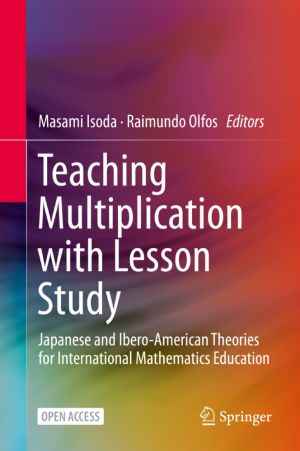
This open book is intended to assist teachers, teacher trainers, curriculum designers, editors and authors of textbooks in developing strategies to teach the multiplication of natural numbers based on the experience of the Lesson Study in Japan. This approach to mathematics education dates back to the 1870s and reconciles the emphasis on problem so...
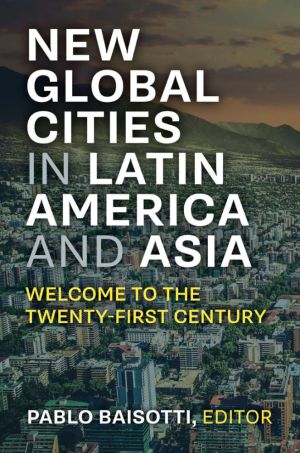
New Global Cities in Latin America and Asia: Welcome to the Twenty-First Century proposes new visions of global cities and regions historically considered "secondary" in the international context. The arguments are not only based on material progress made by these metropolises, but also on the growing social difficulties experienced (e.g....

Cyborgs in Latin America explores the ways cultural expression in Latin America has grappled with the changing relationships between technology and human identity. The book takes a literary and cultural studies approach in examining narrative, film and advertising campaigns from Argentina, Bolivia, Chile, Mexico and Uruguay by such artists as Ricar...
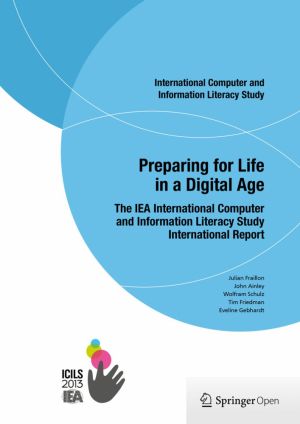
Ability to use information and communication technologies (ICT) is an imperative for effective participation in today's digital age. Schools worldwide are responding to the need to provide young people with that ability. But how effective are they in this regard? The IEA International Computer and Information Literacy Study (ICILS) responded t...
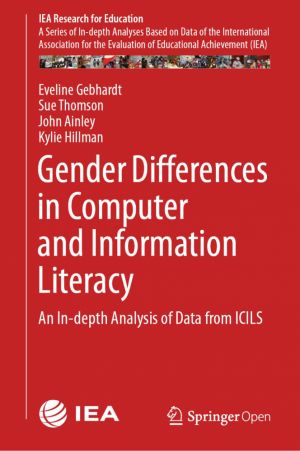
This book presents a systematic investigation into internationally comparable data gathered in ICILS 2013. It identifies differences in female and male students' use of, perceptions about, and proficiency in using computer technologies. Teachers' use of computers, and their perceptions regarding the benefits of computer use in education, ...

This book presents an innovative study of the rise of unmarried cohabitation in the Americas, from Canada to Argentina. Using an extensive sample of individual census data for nearly all countries on the continent, it offers a cross-national, comparative view of this recent demographic trend and its impact on the family. The book offers a tour of t...
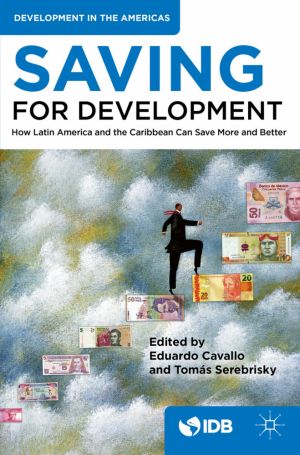
Why should people - and economies - save? This book on the savings problem in Latin America and the Caribbean suggests that, while saving to survive the bad times is important, saving to thrive in the good times is what really counts. People must save to invest in health and education, live productive and fulfilling lives, and make the most of thei...

This open access thematic report identifies factors and conditions that can help schools and education systems promote tolerance in a globalized world. The IEA's International Civic and Citizenship Study (ICCS) is a comparative research program designed to investigate the ways in which young people are prepared to undertake their roles as citi...
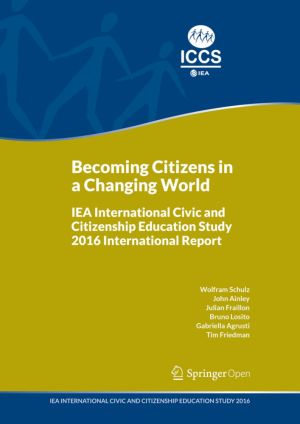
This book presents the results from the second cycle of the IEA International Civic and Citizenship Education Study (ICCS 2016). Using data from 24 countries in Asia, Europe and Latin America, the study investigates the ways in which young people are prepared to undertake their roles as citizens in a range of countries in the second decade of the 2...
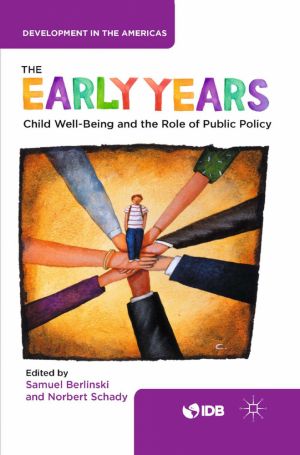
The Early Years analyzes the development of Latin American and Caribbean children and makes a compelling case for government intervention in what is instinctively a family affair. Spending on effective programs for young children is an investment that, if done well, will have very high returns, while failure to implement such programs will lower th...
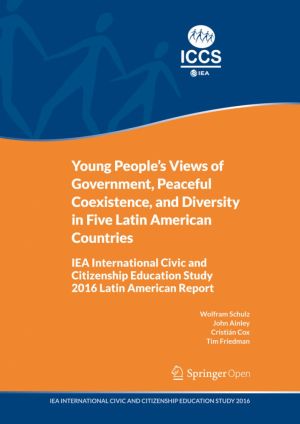
This open access report presents findings from the five Latin American countries that participated in the second cycle of the IEA International Civic and Citizenship Education Study (ICCS 2016). ICCS 2016 investigated the ways in which a range of countries are preparing their young people to undertake their roles as citizens during the second decad...
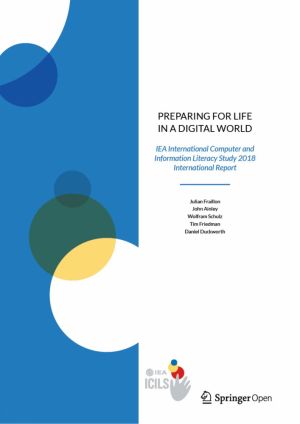
This book summarizes the key findings from the second cycle of IEA's International Computer and Information Literacy Study (ICILS), conducted in 2018. ICILS seeks to establish how well schools around the globe are responding to the need to provide young people with the necessary digital participatory competencies. Effective use of information ...
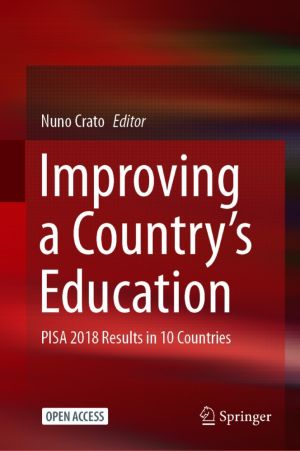
This open book compares and contrasts the results of international student assessments in ten countries. The OECD's Programme for International Student Assessment (PISA) released the results of its 2018 assessment in December 2019. This book reflects the debates that typically follow the release of these results and focuses on the causes of di...
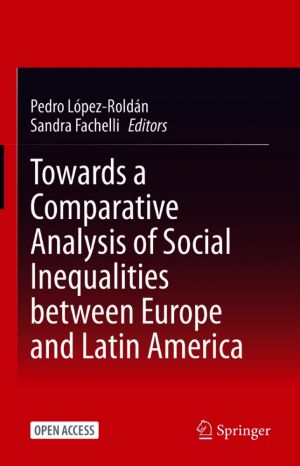
This open volume identifies the common and specific aspects of social mechanisms that generate inequalities, through comparative analyses of different dimensions in which inequalities are expressed. It includes studies on social inequalities in 5 European and 5 Latin American countries, along 11 thematic axes: inequalities in the labour market and ...
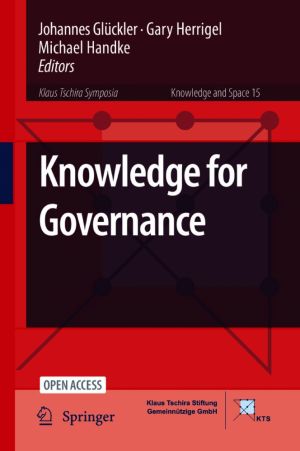
This open book focuses on theoretical and empirical intersections between governance, knowledge and space from an interdisciplinary perspective. The contributions elucidate how knowledge is a prerequisite as well as a driver of governance efficacy, and conversely, how governance affects the creation and use of knowledge and innovation in geographic...
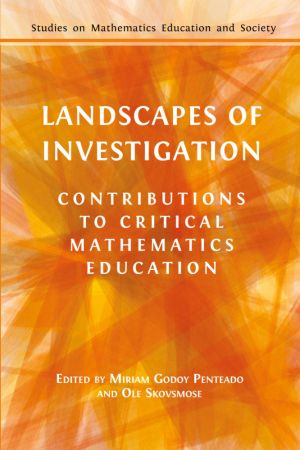
Creating landscapes of investigation is a primary concern of critical mathematics education. It enables us to organise educational processes so that students and teachers are able to get involved in explorations guided by dialogical interactions. It attempts to address explicit or implicit forms of social injustice by means of mathematics, and also...
